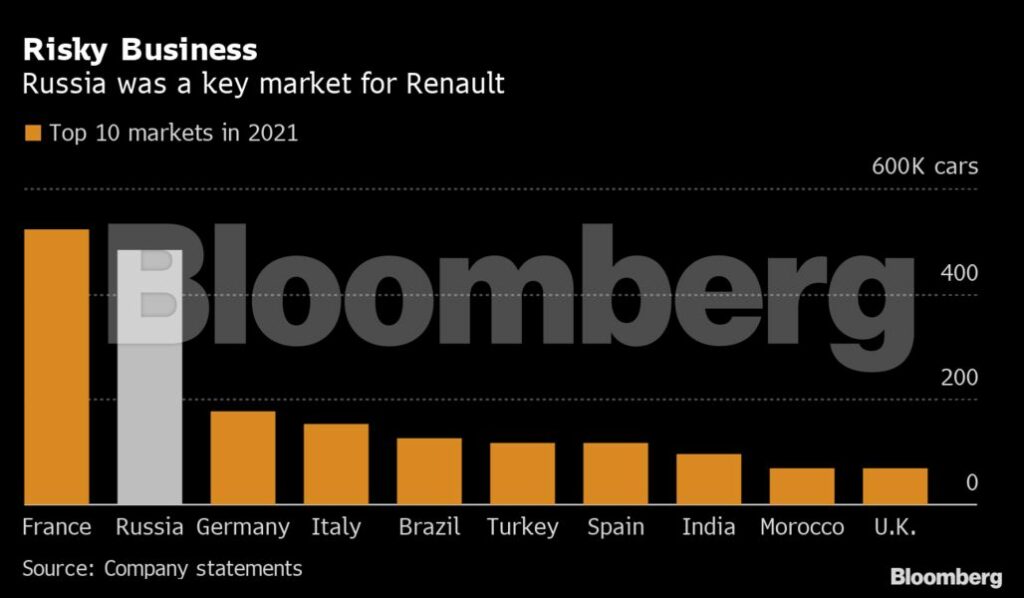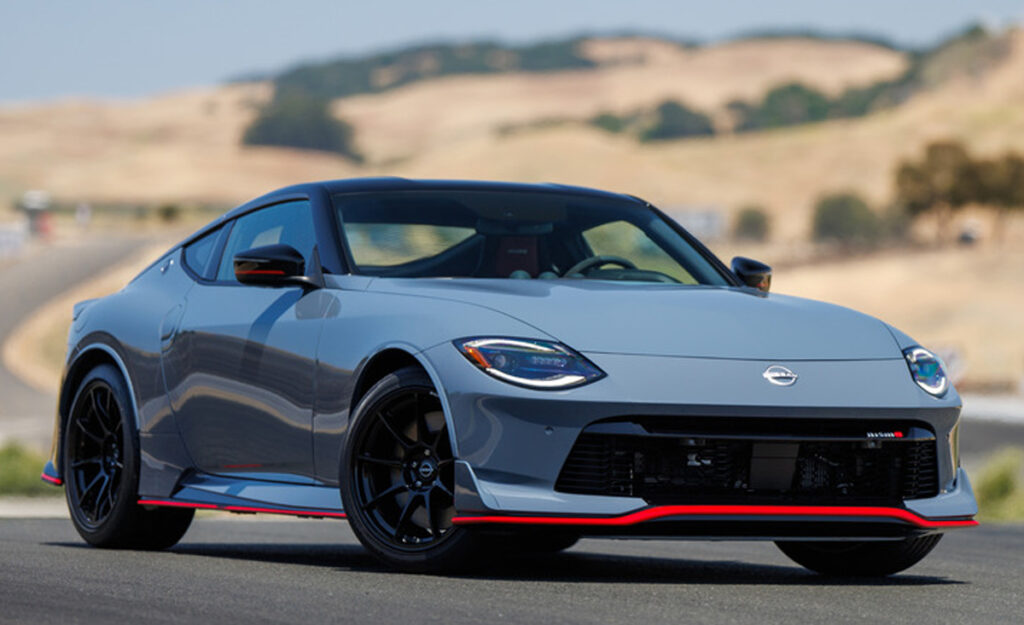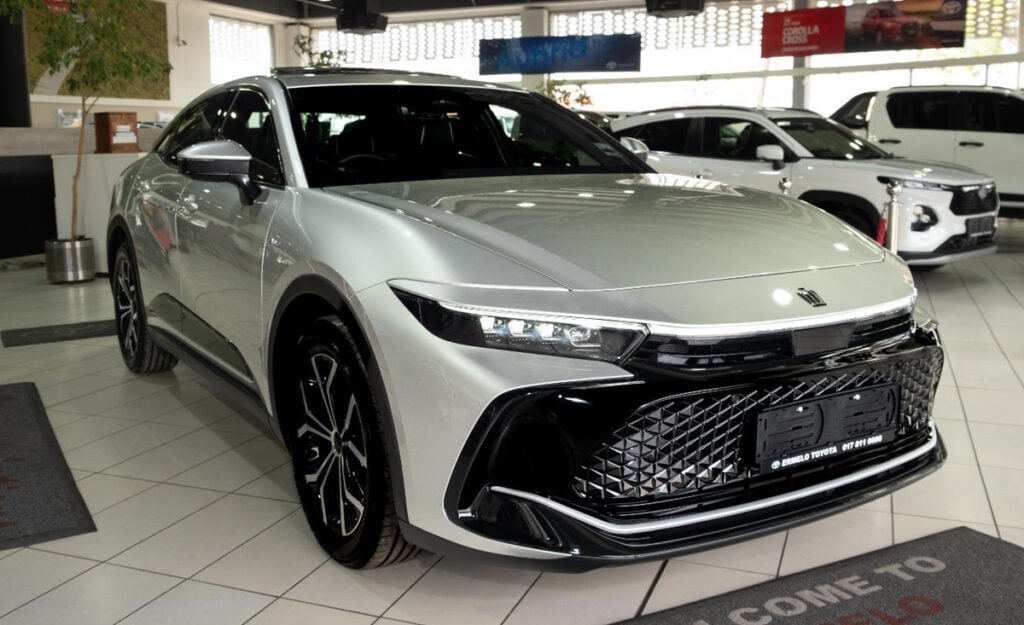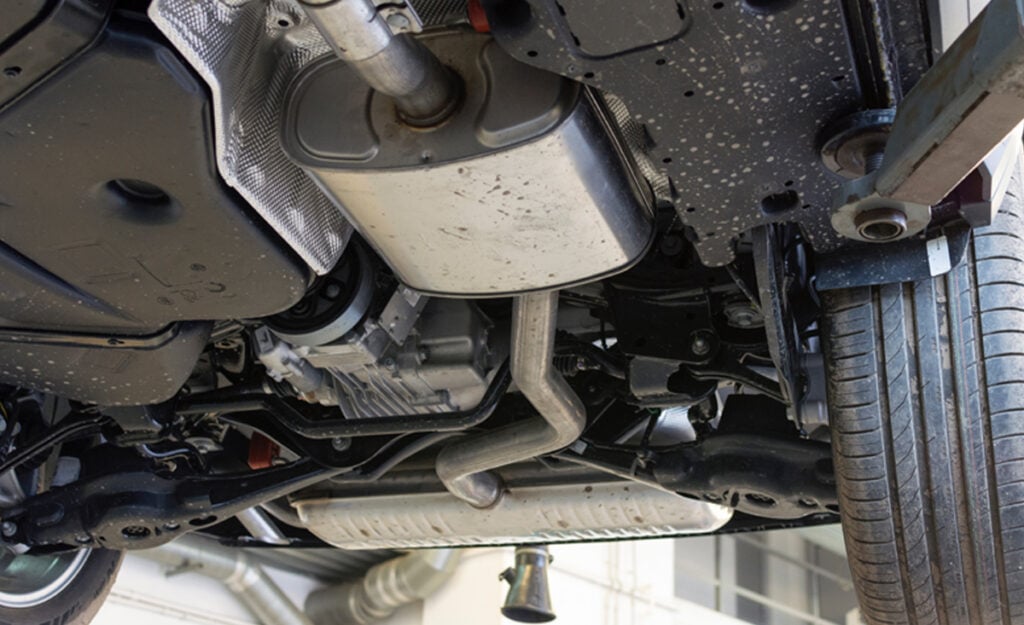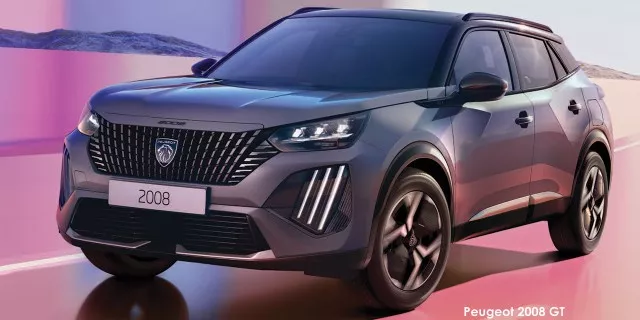
Renault agreed to transfer its 2.2 billion-euro (R37 billion) Russian business to state entities for a symbolic sum in what amounts to a nationalization triggered by the war in Ukraine.
The French manufacturer’s majority stake in carmaker AvtoVaz – which produces the top-selling Lada brand – will go to a state-run automobile research institute known as NAMI, while the city of Moscow will take over an assembly plant near the Russian capital, according to a statement Monday.
A spokeswoman said the asset changed hands for a symbolic sum, previously reported as one ruble (25 cents).
Renault has the option to buy back its stake in AvtoVaz for the next six years.
The agreement marks the end of an era for Renault in Russia, where the automaker owned 68% of AvtoVaz, which runs a sprawling car plant on the banks of the Volga River dating back to Soviet times.
Renault’s roots in the country, which grew to become its second-biggest market, stem from a $1 billion deal (R16 billion) sealed in 2007 between former leader Carlos Ghosn and a top ally of Russian President Vladimir Putin.
The shares were little changed at 11:21 a.m. in Paris.
Renault’s pullout from Russia could also serve as a lesson for other companies that have announced withdrawals but have yet to finalize plans.
Siemens last week said it would abandon operations in the county after more than a century, signaling an “orderly wind down” without giving details.
Cement-maker Holcim has also said it’s exiting Russia and will try to sell its three factories.
Withdrawal for Renault will carry financial pain.
The carmaker cut its outlook in March for this year both for profit margin and free cash flow due to the risks posed by the war on its Russian operations.
On Monday, the company confirmed the lowered outlook and a write-down in the first-half for the value of the Russian business, which was 2.2 billion euros (R37 billion) at the end of last year.
“We are making a responsible choice toward our 45,000 employees in Russia, while preserving the group’s performance and our ability to return to the country in the future,” Chief Executive Officer Luca de Meo said in a statement.
Moscow’s Mayor Sergey Sobyanin said Renault’s plant near the city will start to produce Moskvich cars, a Soviet-era model, according to his blog.
In reviving the legendary Soviet-era brand, the move would take the site back in time.
The plant first produced Ford cars in the 1930s before acquiring an Opel manufacturing line from Germany shortly after World War II and switching to the Moskvich nameplate.
Moscow used the site to create a joint venture, while Moskvich itself went bankrupt a few years later.
AvtoVaz’s Togliatti plant will continue to make Ladas, Russia’s Industry and Trade Ministry said in its Telegram account.
The Central Research and Development Automobile and Engine Institute, or NAMI, reports to the ministry.
The Russia debacle comes at a bad time for the carmaker, which was is still struggling to turn around following the crisis stemming from Ghosn’s 2018 arrest in Japan and the pandemic.
The company came under strong pressure from investors during the first weeks of the war in Ukraine as the most exposed vehicle manufacturer to Russia.
It was also called out by Ukrainian President Volodymyr Zelenskiy for supporting Putin’s “war machine” by delaying a pullout.
Operational Hole
Renault had 45,000 staff in Russia so the transfer will leave a big hole in the automaker’s operations. The Lada was part of de Meo’s strategy for affordable passenger cars along with the Dacia brand.
The CEO is now considering a structural overhaul of Renault by hiving off electric-vehicle and combustion-engine entities.
The other partner in the AvtoVaz venture is Rostec State, a Russian government-owned defense conglomerate headed by Sergey Chemezov, a close Putin ally who is under sanctions.
In the months since the start of the war, Renault along with other foreign manufacturers have halted plants, blaming their inability to get crucial imported parts needed for production.

